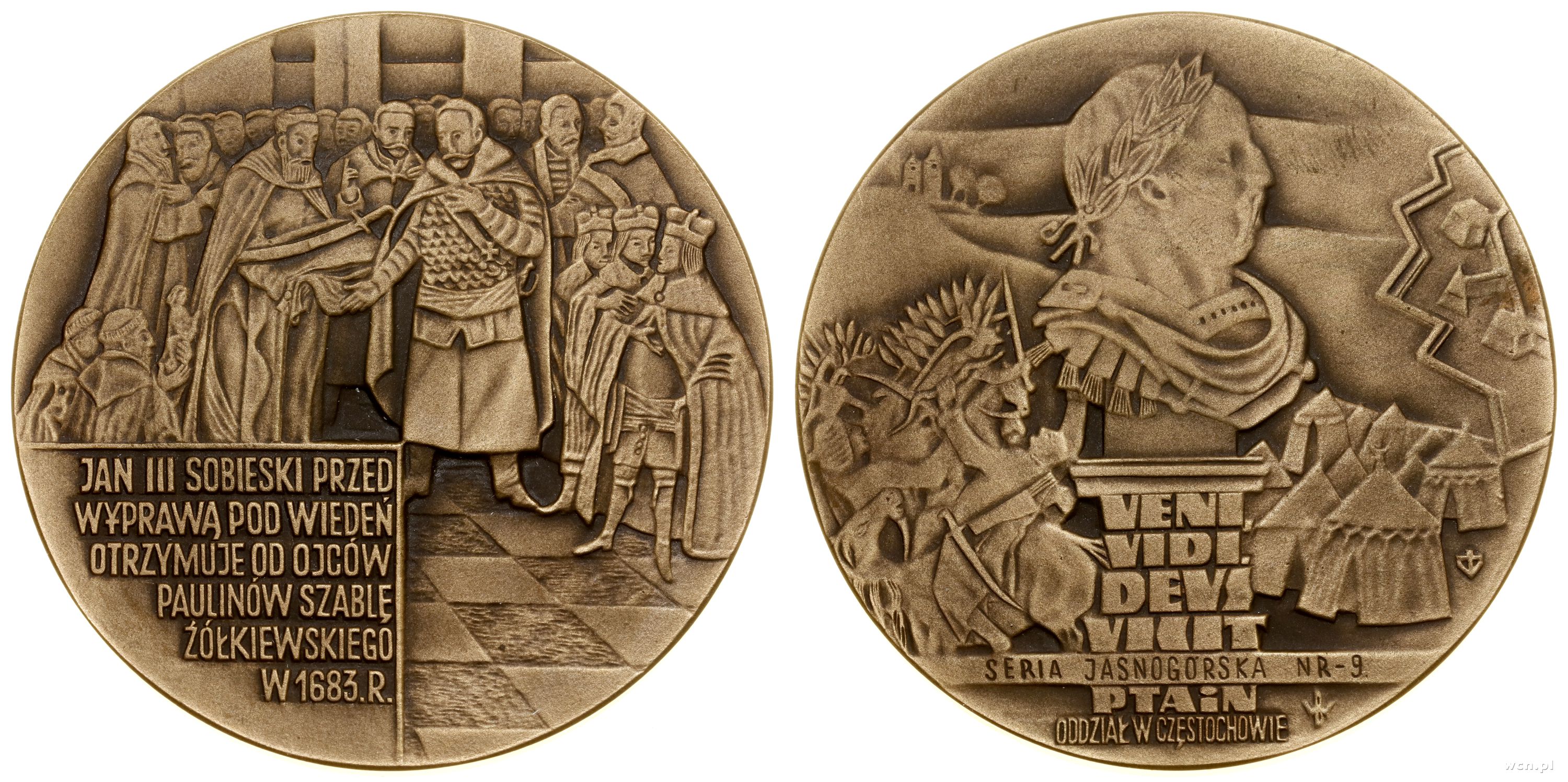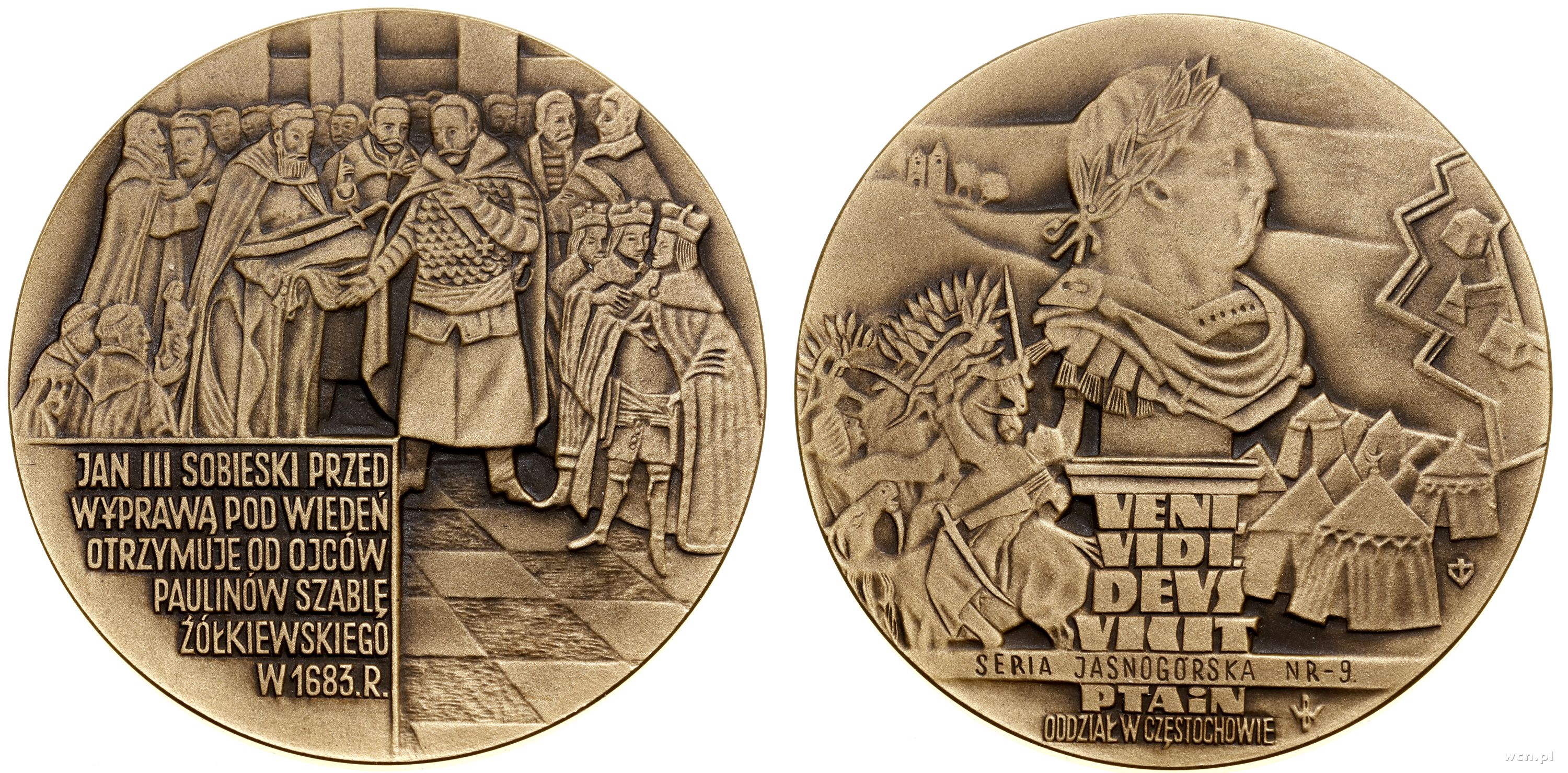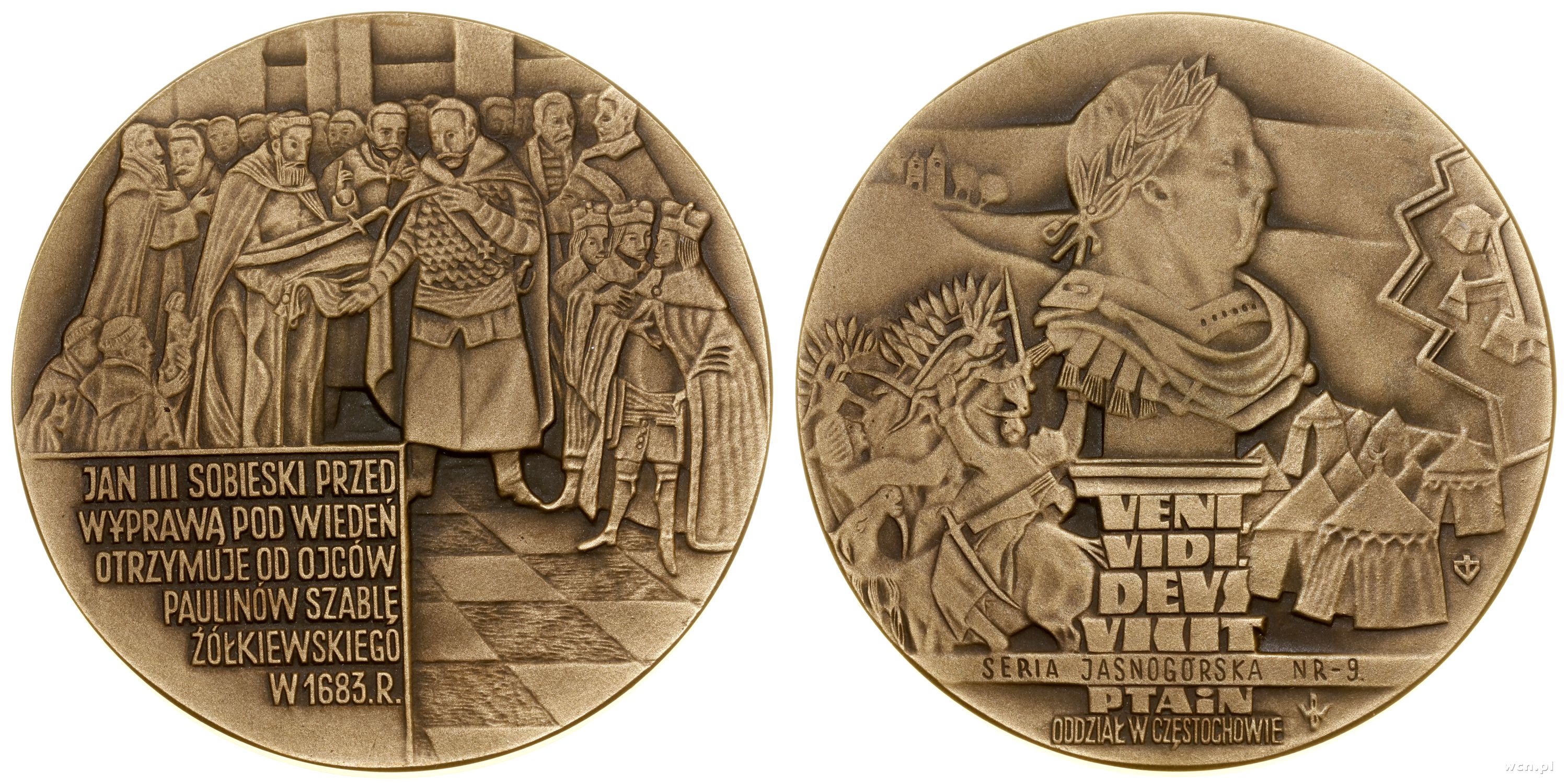
SzABLA POLSKOTURECKA 1683r. Veni Vidi et Deus Vicit 1683 Ceny i
The Story Behind Veni Vidi Vici Although he lived in what is now known as one of the most romantic regions in the world, Caesar was n romantic. He was a womanizer. And one of his known mistresses was the Pharoh Cleopatra VII of Egypt. Caesar and Cleopatra had a child together.

Veni Vidi deus vicit Tattoo quotes, Tattoos, My style
List of Latin phrases (V) This page lists English translations of notable Latin phrases, such as veni vidi vici and et cetera. Some of the phrases are themselves translations of Greek phrases, as Greek rhetoric and literature reached its peak centuries before the rise of ancient Rome . This list covers the letter V.

ArtStation Veni, Vidi, Vici Helios Victorious, Michael Sugianto
Grammar Latin Veni, vidi, and vici are first person singular perfect indicative active forms of the Latin verbs venire, videre, and vincere, which mean "to come", "to see", and "to conquer", respectively. The sentence's form is classed as a tricolon and a hendiatris . English

Veni vidi deus vicit tikloequity
"Veni, vidi, vici" is a famous phrase said to have been spoken by the Roman Emperor Julius Caesar (100-44 BCE) in a bit of stylish bragging that impressed many of the writers of his day and beyond.

Veni, Vidi, Deus Vicit, Polska Eaukcja Warszawskie Centrum
Veni, vidi, vici is a Latin phrase that literally translates to "I came, I saw, I conquered." Latin doesn't require individual pronouns, as each word is conjugated from the "to be" form ("Venire, videre, vincere") to the first-person singular perfect indicative active form.

Veni, Vidi, Deus Vicit, Polska Eaukcja Warszawskie Centrum
Overview veni, vidi, vici Quick Reference Latin for 'I came, I saw, I conquered', an inscription displayed in Julius Caesar's Pontic triumph (according to Suetonius) or (according to Plutarch), written in a letter by Caesar, announcing the victory of Zela (47 bc) which concluded the Pontic campaign.

Veni, Vidi, Deus Vicit "I came, I saw, God has conquered." November 25
"Veni, vidi, Deus vicit" - "I came, I saw, God conquered!" In commemoration of this glorious victory over the Muslims, and in thanksgiving to God and honor to Our Lady for Their aid, Pope Innocent XI extended the feast of the Holy Name of Mary to the Universal Church that same year.

Veni, Vidi, Deus Vicit, Polska Eaukcja Warszawskie Centrum
Sobieski's greatest hour Veni Vidi Deus Vicit. In July the Turks moved toward Vienna. In August Sobieski and the Polish army left Warsaw with the declared purpose "to proceed to the Holy War, and with God's help to give back the old freedom to besieged Vienna, and thereby help all wavering Christendom." The finest spirit of medieval.
Veni, Vidi, Deus Vicit! Novena to Our Lady of Sorrows
"Veni Vidi Vici" "I Came I Saw I Conquered" The immortal and poetic words of a world leader who has been imitated and emulated for thousands of years. Accor.

Veni, Vidi, Vici Veni Vidi Vici TShirt TeePublic
Veni, Vidi, Deus Vicit: "I Came, I Saw, God Conquered" Doug Watt November 22, 2019 15 10 After the Turkish siege of Vienna was broken in 1683 King Jan Sobieski III of Poland paraphrased the.

Veni, Vidi, Deus Vicit! Prayer in Honor of the Queenship of the
The phrase "Veni; vidi; vici" can be attributed to Julius Caesar. The sentence,. Deus vicit," or "We Came; We Saw; God Conquered" after his victory at the Battle of Vienna in 1683.

SzABLA POLSKOTURECKA 1683r. Veni Vidi et Deus Vicit 1683 na wiszącym
"Veni, vidi, vici." Merriam-Webster.com Dictionary, Merriam-Webster, https://www.merriam-webster.com/dictionary/veni%2C%20vidi%2C%20vici. Accessed 8 Jan. 2024. Copy Citation Share Love words? Need even more definitions? Subscribe to America's largest dictionary and get thousands more definitions and advanced search—ad free!

„Veni, Vidi, Vici“ Kto povedal a čo mal na mysli? topden.sk
Prostrate with outstretched arms, he declared that it was God's cause he was fighting for, and ascribed the victory (Veni, vidi, Deus vicit — his letter to Innocent XI) to Him alone. Next day he entered Vienna, acclaimed by the people as their saviour.

Veni, Vidi, Deus Vicit Opus Publicum
Veni, vidi, vici is a Latin phrase used to refer to a swift, conclusive victory. The phrase is popularly attributed to Julius Caesar who, according to Appian, used the phrase in a letter to the Roman Senate around 47 BC after he had achieved a quick victory in his short war against Pharnaces II of Pontus at the Battle of Zela .

Veni, Vidi, Deus Vicit, Aw Scena przekazania szabli Żółkiewskiego
"Veni, vidi, Deus vicit" - Jan III Sobieski of Poland sends a victory message to the Pope after the Polish army lifts the Ottoman siege of Vienna, 12th September 1683. Oil on canvas by Jan Matejko, 1883 : r/BattlePaintings Premium Explore Gaming

Veni, Vidi, Deus Vicit! Prayer in Honor of the Queenship of the
When Sobieski saved Vienna, he wrote to the Pope: "Veni; vidi; Deus vicit" (I came; I saw; God conquered). He also sent him the defeated sultan's banner. He also sent him the defeated sultan.